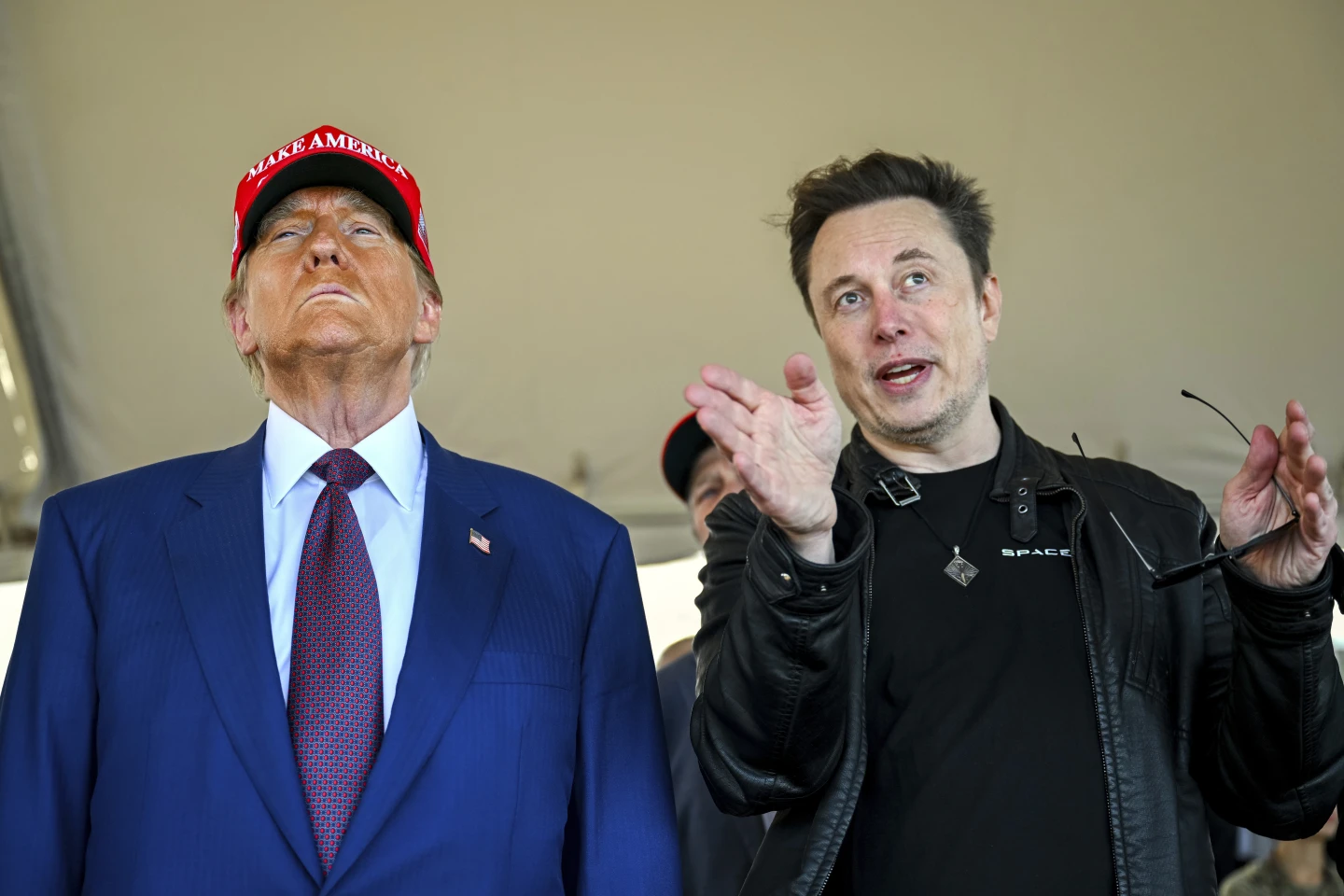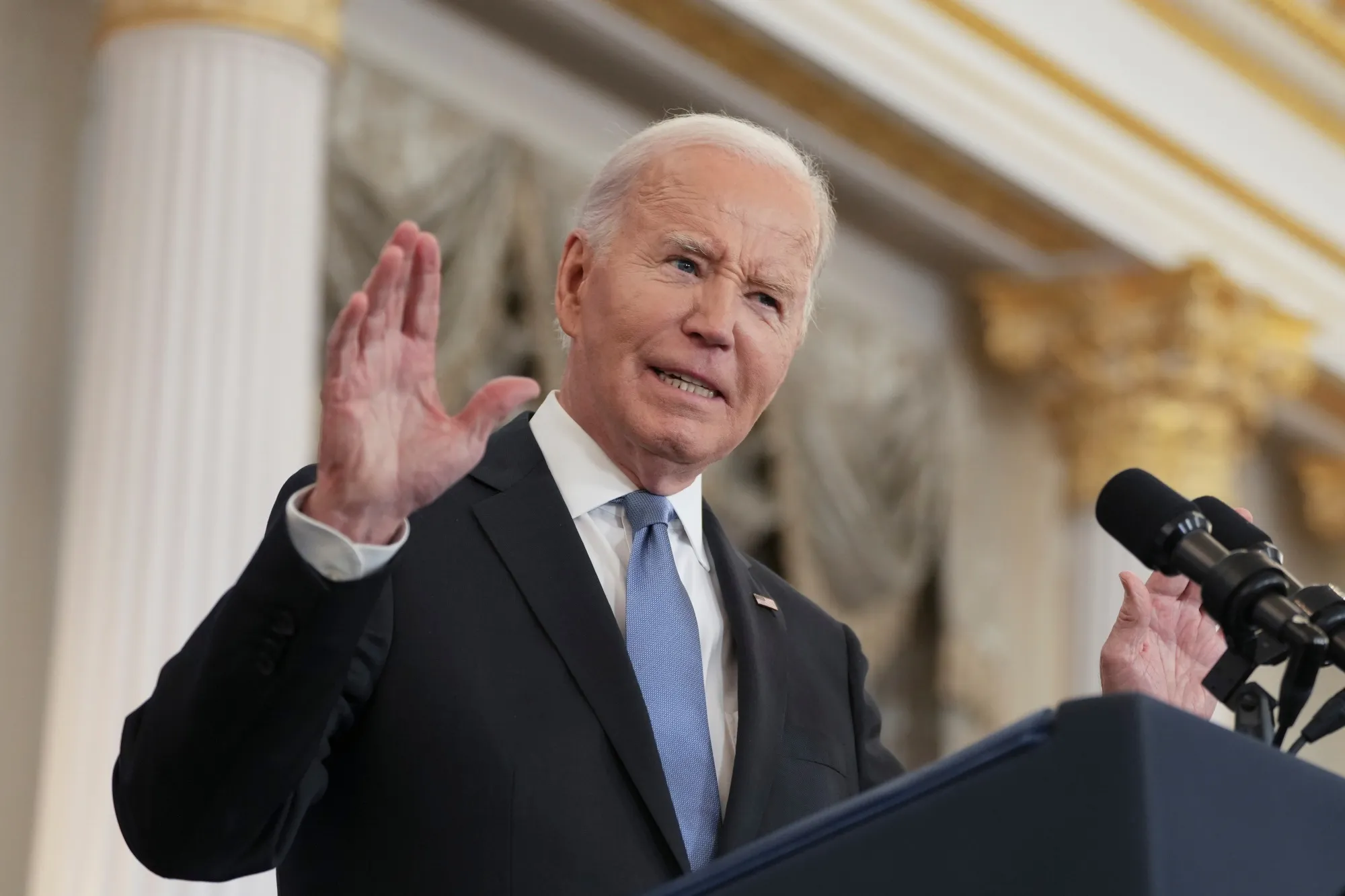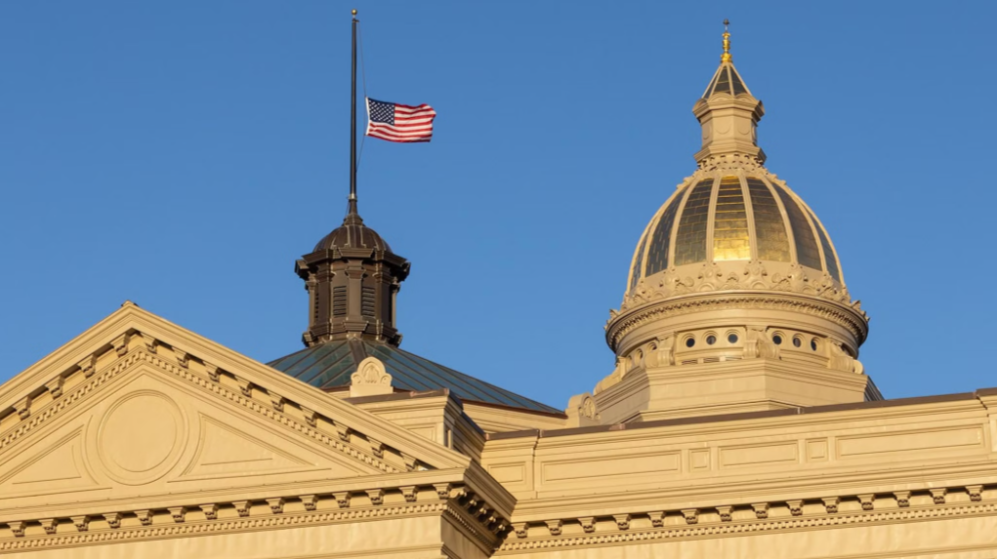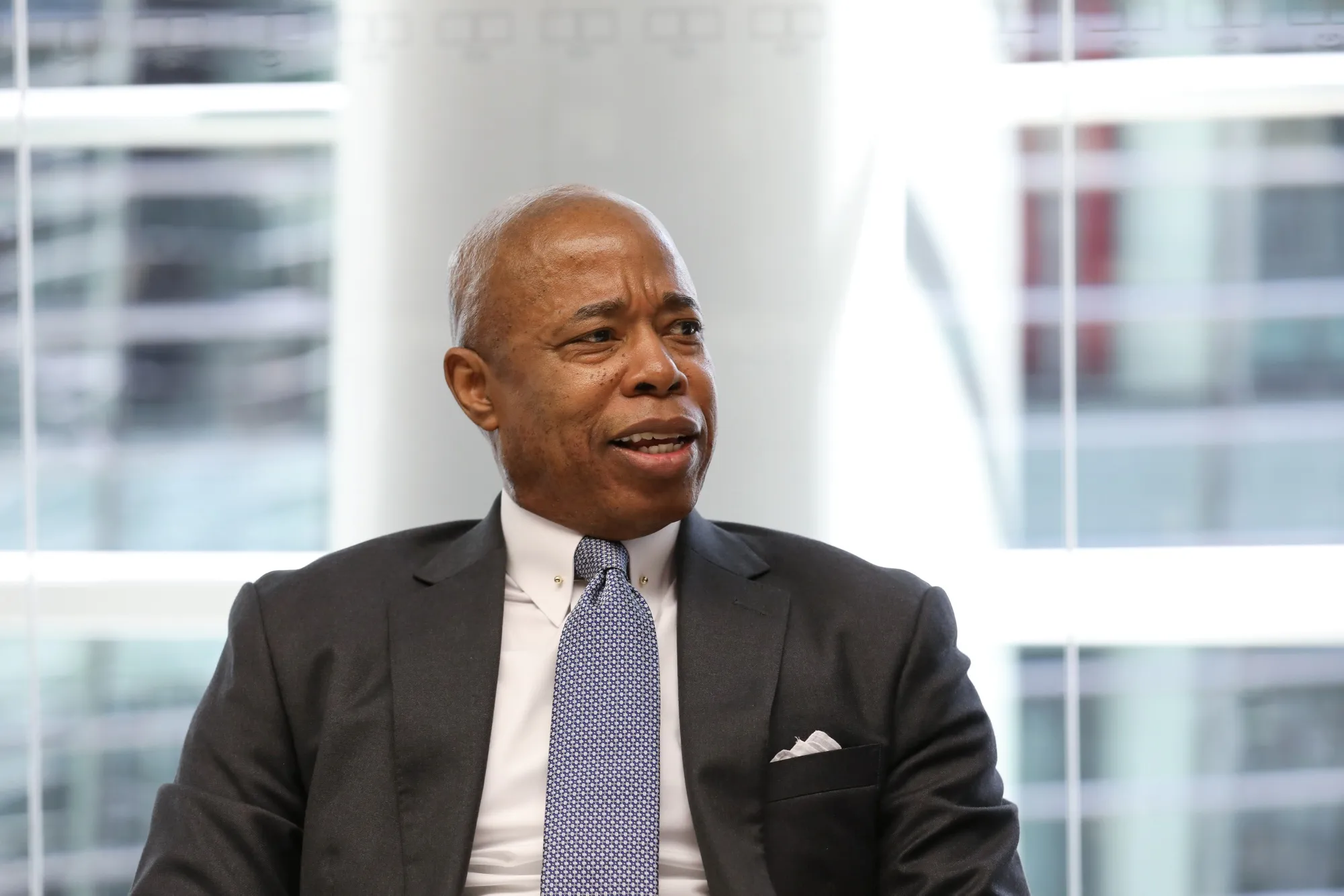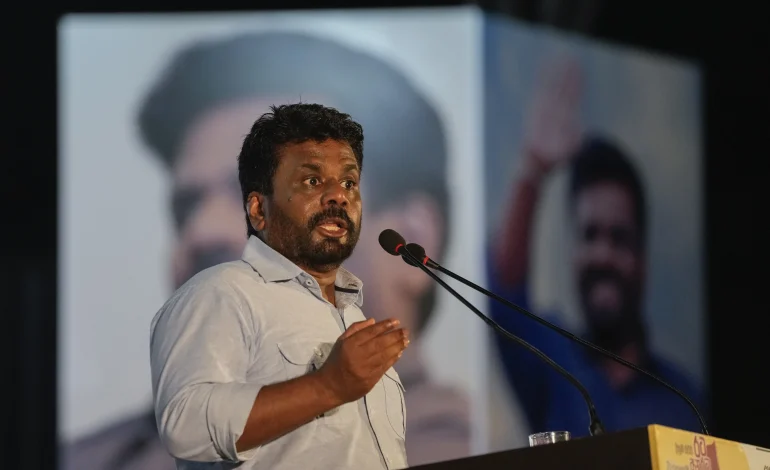Marxist lawmaker Anura Kumara Dissanayake has been elected as Sri Lanka’s new president, marking a major shift in the country’s political landscape, as voters rejected the old guard widely blamed for pushing the nation into economic ruin, The Associated Press reports.
Dissanayake, known for his pro-working class and anti-political elite campaigning, garnered immense popularity among youth, securing 5,740,179 votes, defeating opposition leader Sajith Premadasa and incumbent President Ranil Wickremesinghe.
The election, held Saturday, was crucial for Sri Lanka, which is striving to recover from its worst economic crisis ever and the ensuing political turmoil.
“This achievement is not the result of any single person’s work, but the collective effort of hundreds of thousands of you,” Dissanayake said on X. “Your commitment has brought us this far, and for that, I am deeply grateful. This victory belongs to all of us.”
Outgoing President Wickremesinghe, in a video statement, congratulated Dissanayake and expressed hope for a successful continuation of economic recovery efforts. The election essentially served as a referendum on Wickremesinghe’s leadership, particularly his handling of debt restructuring under an IMF bailout following the country’s 2022 default.
Dissanayake, 55, has pledged to renegotiate the IMF deal, aiming to make austerity measures more palatable. Wickremesinghe, however, warned that any alteration to the agreement could delay the release of a critical $3 billion fourth tranche, crucial for maintaining economic stability.
Despite inflation decreasing, foreign reserves and local currency strengthening, and a predicted 2% economic growth following a 7% contraction in 2022 under Wickremesinghe’s leadership, Sri Lankans continue to grapple with high taxes and living costs.
Dissanayake faces the immediate challenge of stabilizing the economy amidst anxieties from business and financial groups regarding his Marxist and revolutionary background, according to political analyst Jehan Perera.
The US State Department congratulated Dissanayake on his victory, stating that the election “is a testament to the strength of Sri Lanka’s democratic institutions and the commitment of its citizens to shaping their future through peaceful and democratic means.”
The government, having secured an agreement in principle with private bondholders, announced Thursday that it had cleared the final hurdle in debt restructuring. Sri Lanka’s local and foreign debt totaled $83 billion at the time of its default, with the government now reporting the restructuring of over $17 billion.
The crisis stemmed largely from excessive borrowing on projects that failed to generate revenue. The COVID-19 pandemic’s impact, coupled with the government’s insistence on using scarce foreign reserves to prop up the rupee, contributed to the economy’s collapse.
Dissanayake’s victory marks a significant turnaround from his 2019 presidential election, where he won just over 3% of the votes.
His National People’s Power coalition is led by the Janatha Vimukthi Peramuna (JVP), a Marxist party that waged two unsuccessful armed insurrections in the 1970s and 1980s. After its defeat, the JVP entered democratic politics in 1994 and mainly played a key role in the opposition, although they have briefly supported several presidents and participated in governments. The NPP coalition also includes academics, civil society movements, artists, lawyers, and students.
Dissanayake, first elected to Parliament in 2000, briefly held the portfolio of agriculture and irrigation minister under President Chandrika Kumaratunga. He lost his first presidential run in 2019 to Rajapaksa, who was ousted due to the economic crisis two years later.


